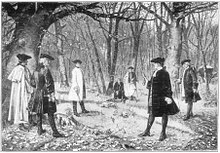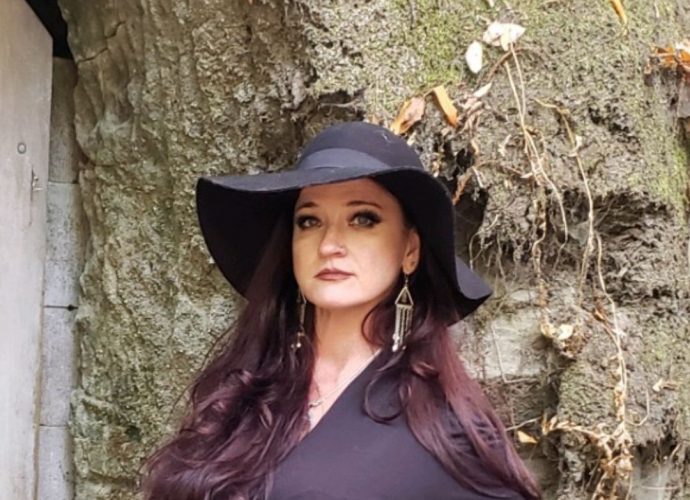Our country has had political differences since our founding. Some were pretty acrimonious. Vice President Aaron Burr killed former Treasury Secretary Alexander Hamilton in a duel over things Hamilton said about Burr when he ran for governor of New York and lost the election.
Founding Fathers John Adams and Thomas Jefferson ran against each other for president in 1796. Though Adams won, Jefferson defeated him four years later and they didn’t speak again for 12 years. They did eventually correspond for 14 years, mostly trying to explain their thoughts on the two sides of the revolutionary legacy. Adams wrote “You and I ought not to die before we have explained ourselves to each other.”
The Civil War
In the period before the Civil War, members of the House and Senate routinely threatened each other with violence, and often acted on it too. They brawled on the House floor; they faced off in duels; they fired shots in Congress. They beat each other senseless with canes.
Even in this house divided, Congress tried to compromise. Their compromises, however, often lead to citizen violence. When Congress allowed the residents of Kansas to determine for themselves if their state should be slave or free, proslavery militias murdered 47 antislavery advocates.
When Andrew Johnson became president after the assassination of Abraham Lincoln, it didn’t take long for his stance on reconstruction to anger Congress. In 1868, the House voted to impeach the president on 11 counts. Impeachment failed in the Senate by a single vote.
Today’s divisions
More recently, political divisions have led to gridlock. Against all historical precedent, the Senate simply refused to consider confirmation of judges nominated by President Obama. Now they’re doing the same with legislation. The House has passed nearly 400 bills this session. Only 70 have been allowed to come to a vote in the Senate. Without a vote, there’s no opportunity for the House and Senate conference committees to typically work out differences.
We seem unable to even talk or listen to each other, rather trading insults and threats instead of governing the country. It’s time to change this if we want to continue as a democracy where the voice of the people is heard.




















